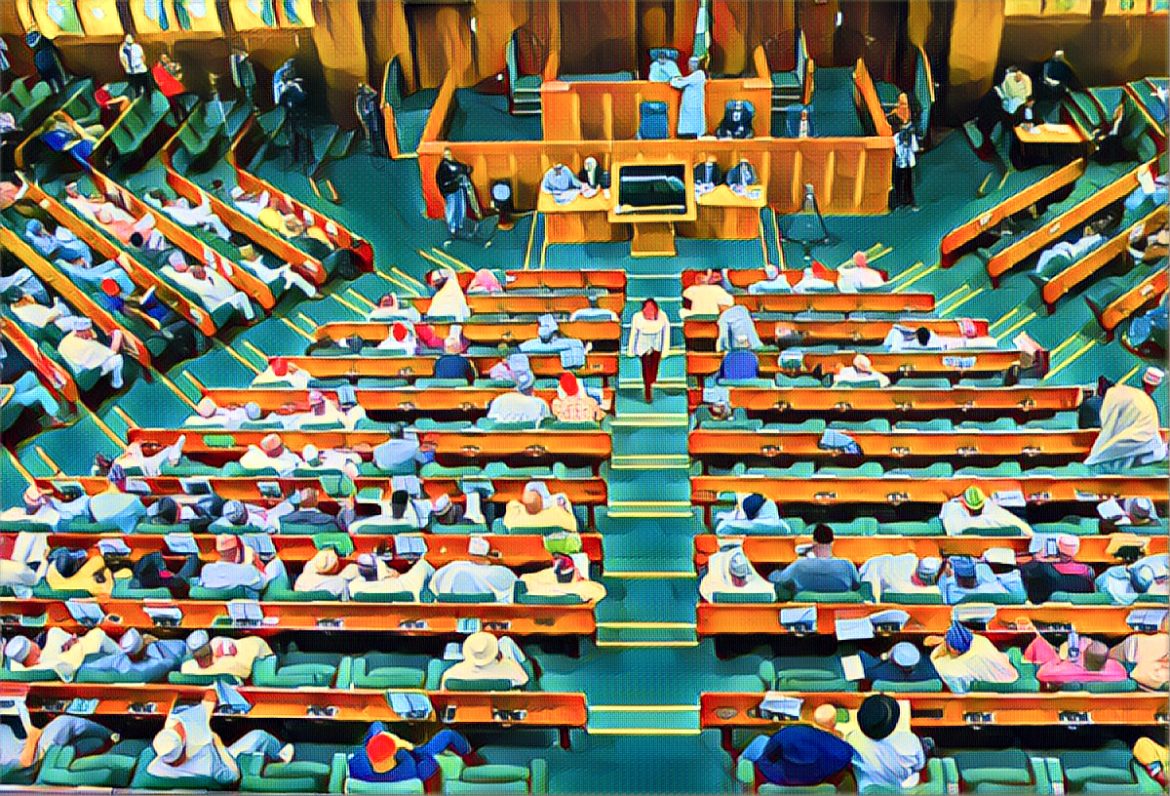The House of Representatives has taken action to investigate the surge in international flight fares and the subpar service quality offered by foreign airlines operating within Nigeria. This move aims to tackle unfavorable practices by airlines and ensure that airfares align with those in neighboring countries.
The legislative body has also called upon the Ministries of Interior and Police Affairs to collaborate with the Bureau of Public Enterprise (BPE) in evaluating the worth of federally-owned barracks throughout the nation and subsequently announcing a public offering for these properties.
The decision to conduct this investigation emerged after the adoption of a motion titled “Need to Curtail Exorbitant Airfares by International Airlines in Nigeria,” which was presented by Moshood Olarewaju Oshun.
During the motion, Oshun emphasized the substantial presence of sixteen international airlines operating in Nigeria, as reported by the Nigerian Civil Aviation Authority (NCAA). He further noted a significant increase in international passenger traffic in 2023 compared to the previous year, with a notable rise in outbound international travelers.
Oshun voiced concerns that international airlines were capitalizing on this surge in passenger traffic by imposing exorbitant flight fares in Nigeria. In contrast to neighboring West African countries like Ghana, Benin Republic, and Niger Republic, the rates set by international airlines in Nigeria were deemed excessive. This, despite their use of older aircraft and the poor service quality offered to passengers in Nigeria.
For example, Turkish Airlines was singled out for charging as much as $3,538 (N2.7 million) for a Lagos-London flight, with the lowest advertised fare being $1,432 (N1.1 million). This is in stark contrast to the rates of $475 (N368,837) to $601 (N466,676) that the same airline charges for a London-bound flight from Cotonou, which is notably less than what passengers are compelled to pay in Nigeria.
The implications of such unwarranted fare hikes, which put Nigeria at a disadvantage economically, were stressed. Oshun cautioned that if strict measures were not enforced to curb this practice, it might become unaffordable for Nigerians to engage in international travel. This, in turn, could have adverse effects on the nation’s economy.
Additionally, it was highlighted that Nigeria is currently burdened with the highest navigational, en-route, parking, and aviation fuel charges globally.
In a separate development, the House of Representatives called upon the Ministries of Interior and Police Affairs to collaborate with the Bureau of Public Enterprise (BPE) to evaluate the value of federally-owned barracks nationwide. A public offering for these properties was also recommended. The committee on appropriation was tasked with reallocating funds initially designated for barracks’ maintenance to provide annual budgetary allocations for constructing suitable housing for active police officers.
The House of Representatives is taking measures to address the escalating costs of international airfares and the substandard service quality provided by foreign airlines in Nigeria. Furthermore, they are working towards improving the living conditions of the country’s police officers by assessing and repurposing federally-owned barracks.
Source:[Vanguard]


